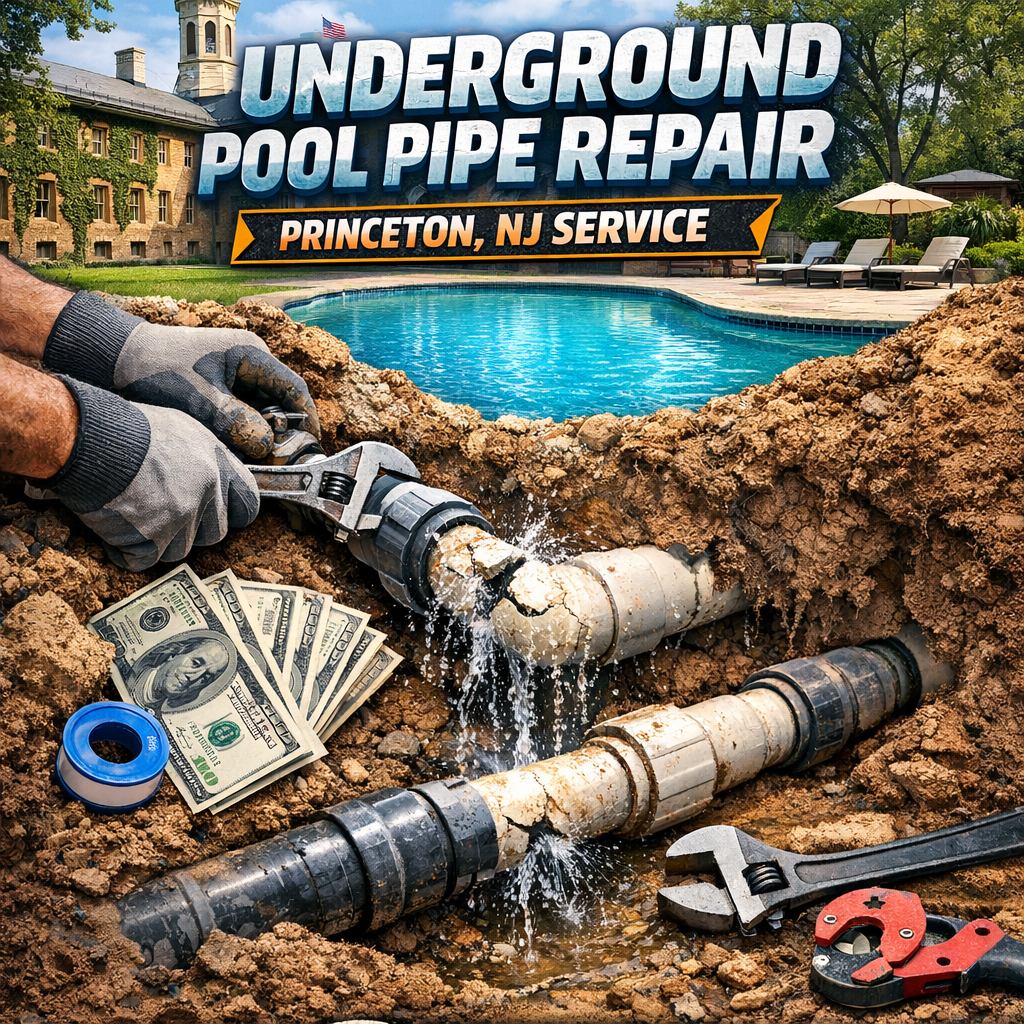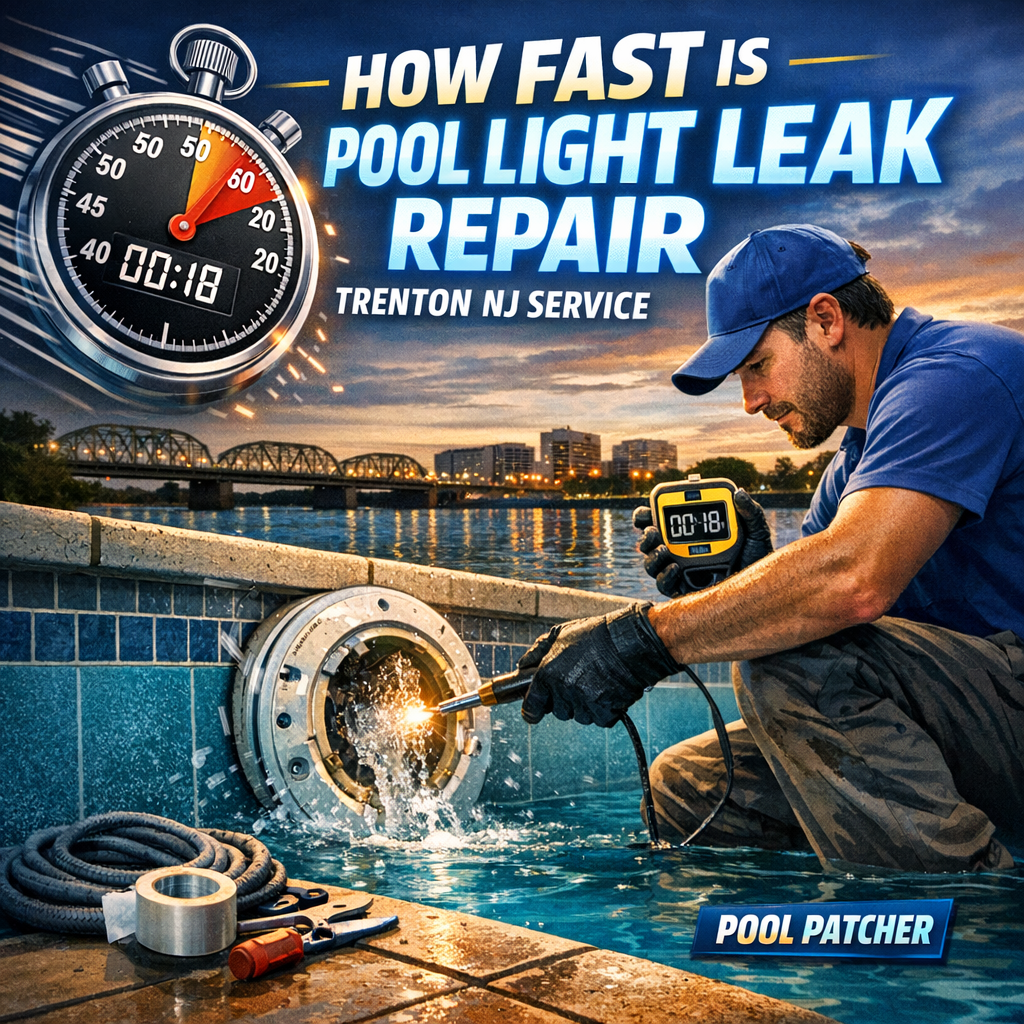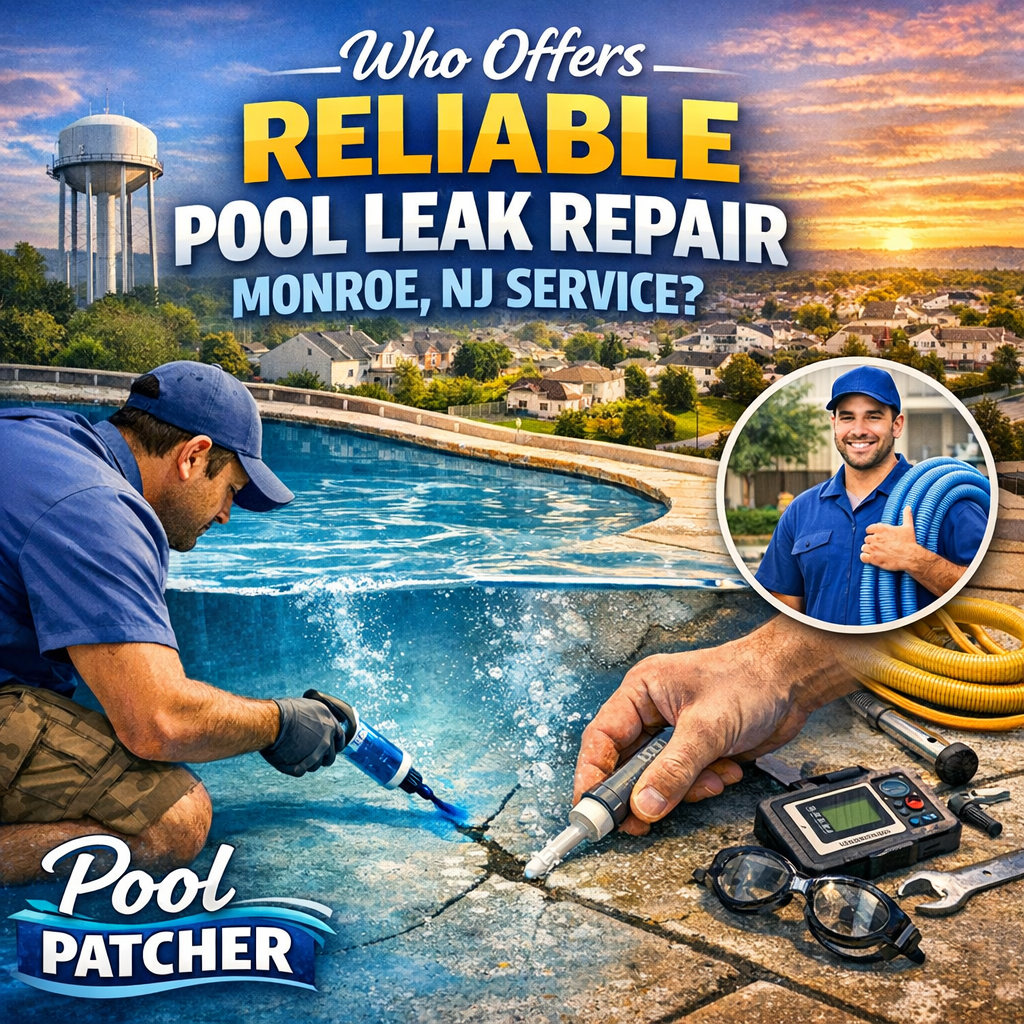Point Pleasant Borough pools are popular community amenities that offer residents a refreshing escape during the warmer months. However, many of these pools experience recurring issues with pipe-area leaks, which can lead to increased maintenance costs and water wastage. Understanding the underlying causes of these leaks is essential for effective management and prevention. This article explores the common causes of pipe-area pool leaks in Point Pleasant Borough, examines how aging infrastructure contributes to these problems, and highlights preventative maintenance strategies to mitigate future issues.
Common Causes of Pipe-Area Pool Leaks in Point Pleasant Borough
Pipe-area pool leaks in Point Pleasant Borough often stem from a combination of physical deterioration and installation issues. Common causes include corrosion of metal pipes due to prolonged exposure to water and chemicals, which weakens the pipe walls over time. Mechanical stresses such as ground movement or shifting soil can also create cracks or fractures in the piping system. Additionally, poor initial installation or substandard materials may lead to weak joints or fittings that are prone to leakage. External factors such as root intrusion from nearby vegetation and accidental damage during pool maintenance can further exacerbate leak issues. Collectively, these factors compromise the integrity of the piping system, resulting in persistent leaks that require ongoing attention.
Impact of Aging Infrastructure on Pool Leak Incidents
Aging infrastructure significantly influences the frequency and severity of pipe-area pool leaks in Point Pleasant Borough. Many pools and their associated piping systems were constructed decades ago using materials that have since become outdated or less durable. Over time, exposure to chemicals like chlorine and pH fluctuations accelerates material degradation, particularly in older pipes made of metal or early-generation plastics. As infrastructure ages, the likelihood of corrosion, cracking, and joint failures increases, leading to more frequent leaks. The cumulative wear and tear diminish the structural integrity of the piping network, making leaks not only more common but also more challenging and costly to repair. This aging infrastructure underscores the importance of proactive assessment and timely upgrades to maintain pool safety and functionality.
Preventative Maintenance Strategies for Pool Pipe Systems
Implementing effective preventative maintenance strategies is vital for reducing pipe-area pool leaks in Point Pleasant Borough. Regular inspections using leak detection technology can identify early signs of deterioration before leaks become severe. Routine cleaning and flushing of pipes help prevent buildup that can cause blockages and pressure stress. Upgrading aging pipes and fittings with modern, corrosion-resistant materials can substantially enhance durability. Additionally, maintaining optimal chemical balance and water chemistry minimizes corrosive effects on pipe materials. Proper backfilling and soil stabilization around the piping system can prevent ground movement that leads to cracks. Educating maintenance staff on best practices and establishing a scheduled maintenance plan ensures that potential issues are addressed promptly, thereby extending the lifespan of pool piping systems and reducing leak incidents.
Addressing pipe-area pool leaks in Point Pleasant Borough requires a comprehensive understanding of the underlying causes, the impact of aging infrastructure, and the importance of preventative maintenance. By identifying common issues and implementing proactive strategies, the community can ensure the longevity and safety of its pools, ultimately conserving water and reducing repair costs. Ongoing vigilance and investment in infrastructure maintenance are key to maintaining these valuable community resources for years to come.






